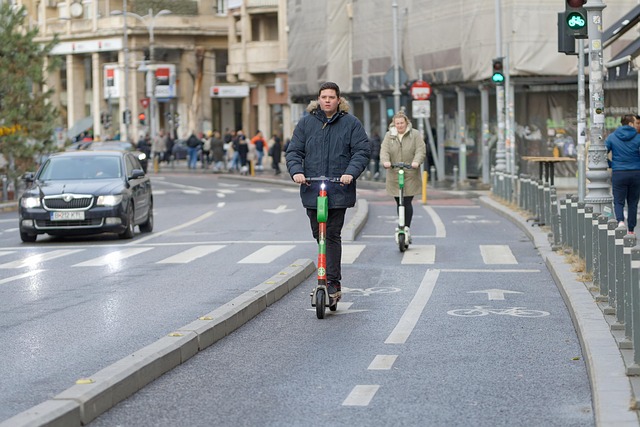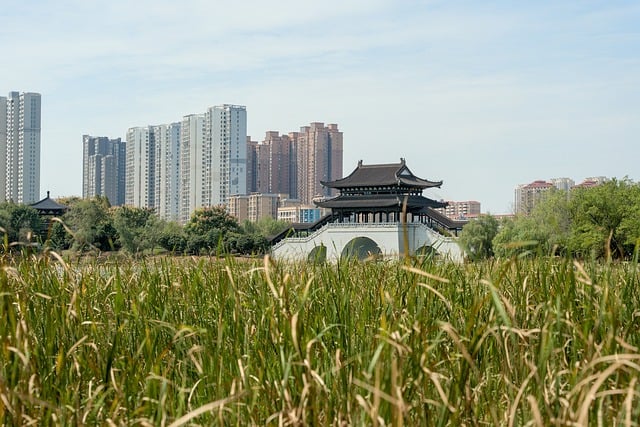Growing Green: Urban Ecological Initiatives for a Sustainable Community
In the heart of bustling cities, where concrete streets dominate and asphalt stretches endlessly, the call for a greener, healthier environment has never been louder. Urban ecological initiatives are cropping up all around us, breathing life back into our urban landscapes and reminding us of the importance of connecting with nature. These initiatives not only beautify our communities but also create sustainable ecosystems that future generations can cherish.
Imagine walking through a neighborhood adorned with vibrant flowers, lush gardens, and community parks filled with native plants. Urban gardening is one of the most significant components of these ecological movements. Community gardens transform vacant lots and underutilized spaces into green havens, inviting residents to cultivate their own food, learn about sustainable practices, and engage with their neighbors. A simple plot of land can become a thriving ecosystem, supporting pollinators, insects, and even small wildlife, thereby fostering a stronger bond with nature.
Urban ecological initiatives often incorporate eco-friendly designs that maximize green space even in the tightest corners of a city. Roof gardens and vertical farming are revolutionizing the way we think about horticulture in urban areas. These green rooftops not only mitigate heat but also improve air quality, reduce stormwater runoff, and provide food sources right where we live. By embracing these innovative gardening techniques, we can turn our cityscapes into a thriving mosaic of biodiversity.
Environmental education plays a crucial role in these initiatives, empowering community members with knowledge about sustainability and the importance of protecting our environment. Workshops, seminars, and collaborative projects inspire individuals to take charge of their ecological footprint, encouraging behaviors that contribute to a greener future. By understanding the connection between local actions and global impacts, residents can become advocates for their environment, paving the way for future urban ecological initiatives.
Moreover, the mental wellness benefits of urban greenery cannot be overlooked. Studies have shown that green spaces can reduce stress, improve mood, and even enhance cognitive function. By participating in urban ecological initiatives, community members foster not only physical health but also mental well-being. The act of nurturing plants can be incredibly therapeutic, providing a respite from the chaos of city life and encouraging mindfulness.
As we delve deeper into the essence of sustainable community living, let’s not forget that every small action counts. Whether it’s planting a tree, participating in a local cleanup, or advocating for green policies, each step contributes to the larger movement. Urban ecological initiatives remind us that we share a collective responsibility in protecting our environment, urging us to consider our impact on the planet.
Ultimately, the growth of urban ecological initiatives signifies a shift towards a more harmonious relationship with nature. As communities embrace these green practices, we not only revitalize our neighborhoods but also set a powerful example for others. Together, we can sow the seeds of sustainability and foster an enduring legacy for generations to come, creating a vibrant, lush, and eco-friendly urban landscape that we can all thrive in.




